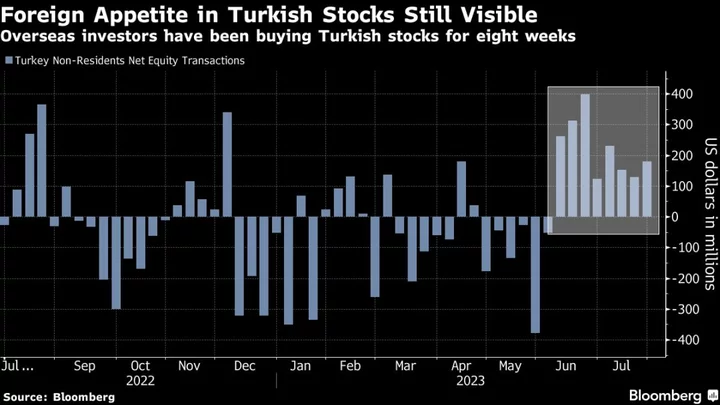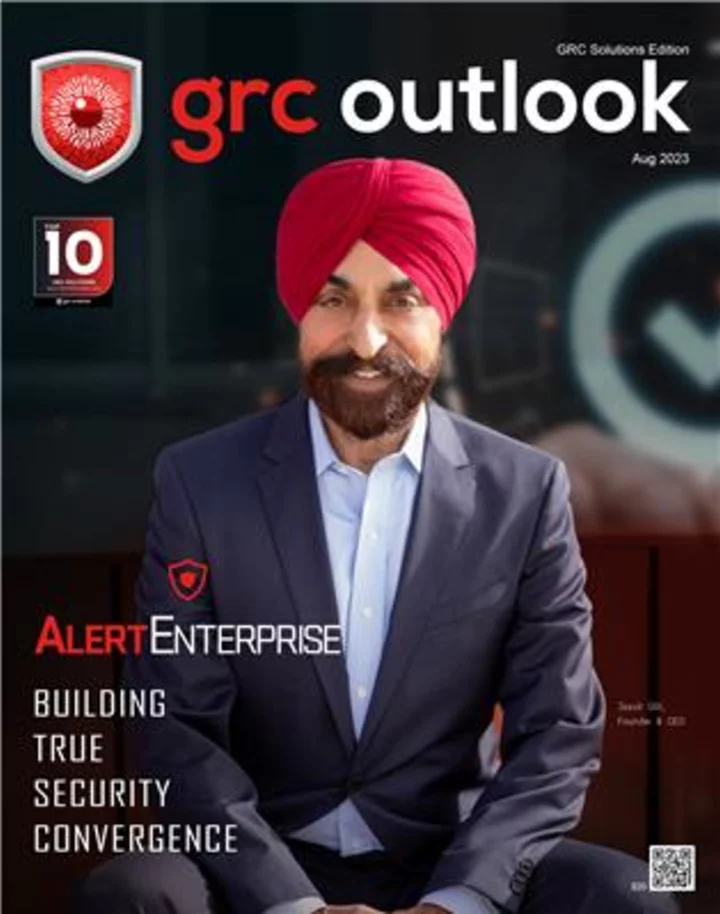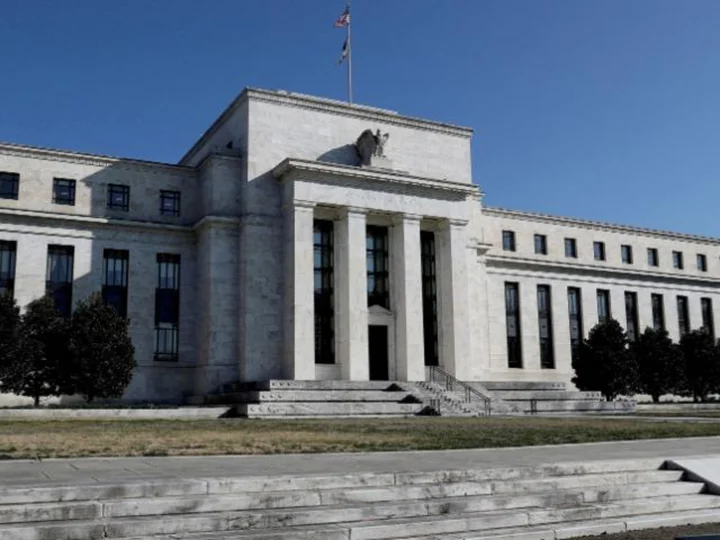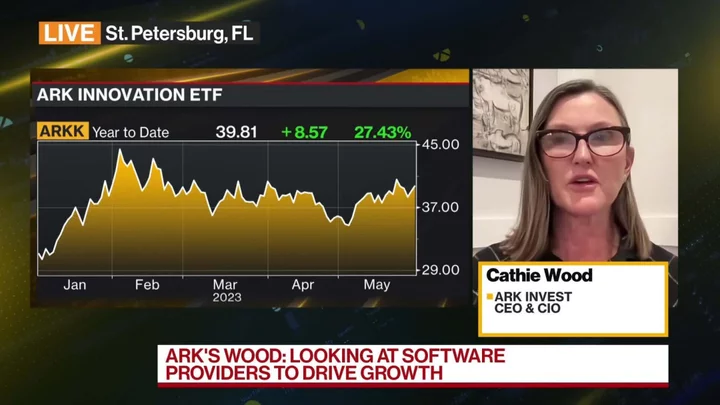Making money, whether by putting cash into the stock market, buying a home or jumping to a better-paying job, requires some degree of risk. While embracing any of those moves might feel as scary as skydiving off a cliff, there are times when a little risk makes financial sense.
“In certain scenarios, not taking enough risk is actually a bigger risk,” says Liz Davidson, CEO and founder of Financial Finesse, which provides workplace financial wellness programs as an employer benefit.
Davidson and other financial experts also caution against being overly risky with your finances. How to find the right level of financial risk for you is highly personal; there’s no formula that can tell you whether or not to buy that house or take that new job. But there are ways to get more comfortable with risk when you know that taking the less comfortable path is the right decision for you.
Here are five strategies to help you embrace financial risks that make sense for you.
UNDERSTAND AND ADDRESS YOUR FEARS
“When we think about making financial decisions, fear is a natural emotional component because with money, there are really high stakes,” says Farnoosh Torabi, creator of the “So Money” podcast and author of the forthcoming book “A Healthy State of Panic: Follow Your Fears to Build Wealth, Crush Your Career and Win at Life.”
“When fear shows up in your financial life, ask: ‘Where did you come from, and what do you want me to protect?’” she suggests.
Torabi applied that method when she made the risky decision to buy a new home at the height of the pandemic in spring 2020. “I was scared. It was either going to be the best decision or the worst decision. But I was more afraid of standing still and not doing anything,” she says. Looking back, Torabi says, “It was the best decision we ever made.”
Sometimes, the fear of risk is warranted. Communities of color can face particular challenges when considering financial risks, says Yemi Rose, CEO and founder of OfColor, a financial wellness startup that serves employees of color. “We don’t have the luxury to take as many risks because we don’t have a safety net to fall back on,” he says.
Investing, entrepreneurship and homeownership are all riskier without significant savings to turn to if things don’t go as planned, he adds. Sometimes, it makes sense to proceed anyway. He urges people to consider paying off debt and building up savings to give themselves more stability while still taking smart risks.
BUILD A BIGGER EMERGENCY FUND
In fact, building up a bigger savings account is one of the most powerful ways you can protect yourself from the risks you decide to embrace, Davidson says. “To have cash in the bank does multiple things. It psychologically gives you a sense of peace, freedom and options,” she explains. It will also help you cover basic needs if you fall on hard times, she adds.
While financial advisers generally recommend saving three to six months of expenses, Pamela Capalad, a certified financial planner and the founder of Brunch & Budget, a financial planning firm in the Brooklyn borough of New York City, says you can alter your target savings goal based on the stability of your job, whether you have dependents and other factors. For some, she says, one to two months’ worth of expenses is a solid goal.
UPLEVEL YOUR FINANCIAL KNOWLEDGE
“The best way to avoid stress and confusion is to become more knowledgeable. When you’re more knowledgeable, you’ll feel more confident. Take some time to learn and understand the basics” about investing, home value trends and other topics that relate to your upcoming financial decisions, says Carol Petrov, a certified financial planner and vice president of Kendall Capital Management, a financial firm in Rockville, Maryland.
To do that, she suggests watching educational videos posted on your financial institution’s website, reading books and articles about market risk and listening to financial podcasts.
CREATE A CONCRETE SAFETY PLAN
Sometimes it’s useful to think through the worst-case scenario, Torabi says. If you lose your house or your job, what would be your first three steps to recovery? They might include looking at your savings and cutting back on expenses. “Going to that dark place can help us make a plan,” she says.
KNOW WHEN TO SEEK A SAFER ROUTE
If worrying about your investments or mortgage payments is keeping you up at night, then it might be time to rethink those choices, Petrov says. “For me, the right amount of financial risk means I can make my mortgage payments and take care of myself and my son even if I lose my job,” she adds.
Capalad recommends thinking through how a recession would affect your current choices when it comes to the stock, housing and job markets. “We’re in a place with a lot of financial uncertainty. You can be less aggressive with risk to balance out some of the volatility we’re seeing,” she says.
The challenge is to find that balance.
________________________________________
This column was provided to The Associated Press by the personal finance website NerdWallet. The content is for educational and informational purposes and does not constitute investment advice. Kimberly Palmer is a personal finance expert at NerdWallet and the author of “Smart Mom, Rich Mom.” Email: kpalmer@nerdwallet.com. Twitter: @KimberlyPalmer.
RELATED LINK:
NerdWallet: Emergency fund: What it is and why it matters https://bit.ly/nerdwallet-banking-emergency-fund-why-it-matters









